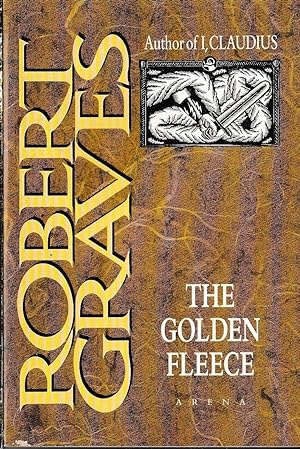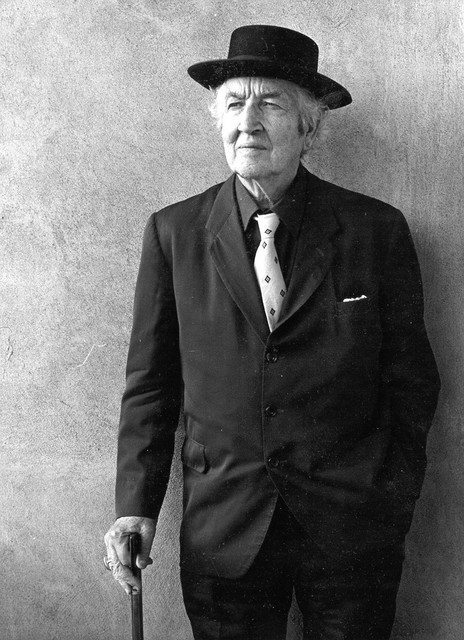

Hades had been the enemy of Hercules ever since Hercules had robbed him of Alcestis, the wife of Admetus but Hercules, undismayed, threw the jaw-bone of a sow at him and wounded him in the side. Then marched against Neleus, the baleful brother of Pelias, who lived at Sandy Pylos and had sent troops to the help of Augeas he killed Neleus and all his sons, except the boy Nestor (who lived to take part in the siege of Troy), and did not even hesitate to attack the Priest of Hades, who entered the battle disguised as a skeleton in the hope of striking a superstitious dread in his heart. One special observation about Hercules, My Shipmate: Whereas today’s writers are discouraged from including extraneous detail, Graves packs it all in. Some variation is evident in talent – he’s a good archer and she’s a good runner – but not in morality and all are equally subject to Fate. In the Classics, all mankind suffers from ambition, as well as from avarice, machismo, lust, and the whole panoply of vices. In the first pages of Macbeth, it becomes clear that Macbeth suffers from ambition but that Banquo does not. In Shakespeare’s plays, tragic flaws are personal.

In other words, the lessons on human nature imparted in classical tales soon become monotonous.Ī comparison with Shakespearean tragedy is instructive. Consequently, life is shown to be nasty, brutish, and short, with few exceptions.

In Hercules, My Shipmate (as in The Odyssey, I recall), all the characters seem to be consumed by pride (in many cases simply an obsession with virility bordering on machismo) and divided from each other by religious and cultural differences.

Those who urge us to read the Classics claim that they contain valuable lessons on human nature, but I find myself dissatisfied by the limited aspects of human nature that they reveal. The result is a passable adventure story, with a somewhat two-dimensional portrait of human nature. Robert Graves’ book (retitled The Golden Fleece) is an argument for the historicity of the Argonauts’ voyage, as he explains in the afterword.


 0 kommentar(er)
0 kommentar(er)
